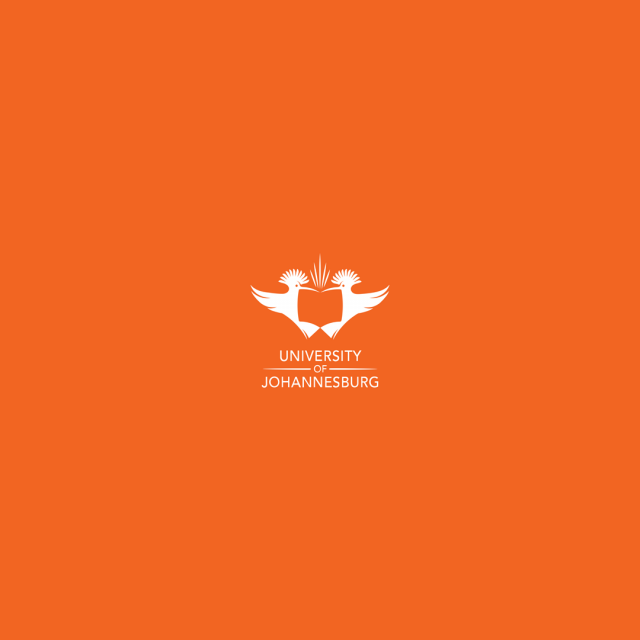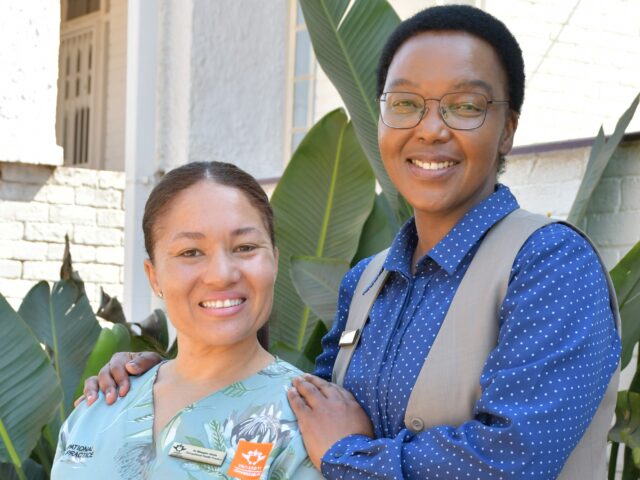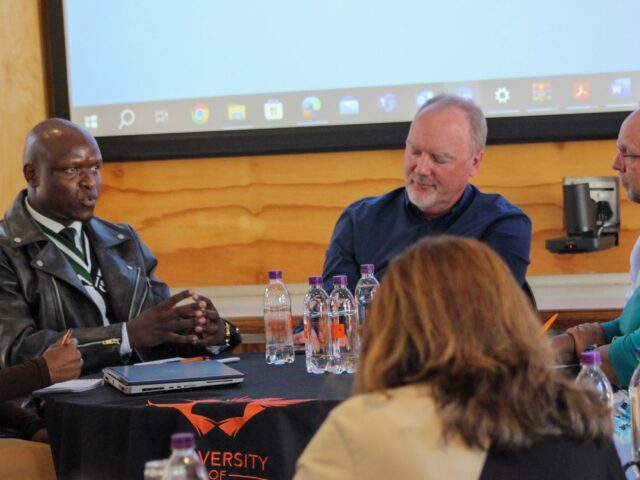Short Learning Programme in Stakeholder Engagement
Home » University Courses »General
Faculty Website: Faculty of Science
Department: Department of Geography, Environmental Management & Energy Studies
Programme Level: Continuous Education Programmes
Programme Name: SLP in Stakeholder Engagement
Programme Code: S2SE1O
Medium of Facilitation: Online
NQF Level: 5
NQF Credits:
SAQA:
Senate Approval: S 184/2024 (2)
Application Start Date: 2 January 2025
Application End Date: 14 December 2025
Campus: Auckland Park Kingsway
Contacts: Mr Bopaki Phogole bopakip@uj.ac.za 011 559 2433
Email: bopakip@uj.ac.za
Duration of Study: 5 weeks.
Purpose
In the ongoing Anthropocene, the unprecedented anthropogenic pressures on the environment are leading humanity to all sorts of crises, including environmental, social, and economic crises. These crises are linked to the design and implementation of development projects that disregard the sustainable use of environmental assets in combination with ill-informed decisions. One of such ill-informed decisions is the focus solely on the satisfaction of shareholders of the project (Bishop and Becket 2000), totally ignoring engagement with a comprehensive list of relevant stakeholders.
Stakeholders are individuals or groups of people who have interests in a given project, whether the project is a social, economic or environmental project. These are people (internal or external to the project) who may be affected (directly or indirectly) by the implementation or the results of the project. Stakeholders are so important that they can significantly influence the success of the project in such a way that they have control (full or partial) over the decision-making process including the implementation of the project. Unfortunately, their influence may negatively affect the project: they can make or break the success of a project (Jones, 2017). The importance of stakeholders can be summarized as follows: Even when all the deliverables of a project are met and the objectives of the project are fully satisfied, if key stakeholders are not happy, nobody is happy.
In such context, an effective stakeholders’ engagement becomes an obligation, and this obligation is meant to:
i) promote buy-in and ensure multiple voices are heard on key issues related to a given project
ii) provide creative and collaborative problem-solving group of stakeholders
iii) broaden the reach of the work
and iv) support an effective implementation and sustainability of the project. The benefits of such engagement are multiple:
i) helping to lower project risks
ii) building your project or organization’s reputation
iii) gaining useful buy-in
iv) meeting regulatory requirements
v) and gaining competitive advantages.
However, such objectives and benefits can never be realized if the engagement is not done following appropriate methodology and principles. An example of such projects that failed due to improper stakeholders’ engagements in South Africa is the Xolobeni mine project which is a proposed titanium mine located in the Wild Coast region of the Eastern Cape. Since 2005, the proposed mine has been declined several times by the regulating authorities due to procedural flaws, including an improper stakeholder engagement.
In this context, the present SLP aims to train current and future leaders on the fundamentals of stakeholders’ engagements, and the principles taught in this SLP are applicable to environmental, social and economic projects. Specifically, the SLP will enable students to be professionally competent and to become acquainted with the different procedures of stakeholders’ engagements.
Stakeholder engagement is needed for every development project, be it environmental, social or economic. Such importance of stakeholder engagement across development sectors makes specialists or trained students or professionals in stakeholder engagement valuable assets for any project that required the buy-in of key stakeholders. Students trained in the present SLP will be competent in implementing or advising on issues related to:
- Stakeholder analysis
- Stakeholder relationship management
- Stakeholder engagement process
- Stakeholder engagement effectiveness
This SLP is developed in line with some of the objectives of the National Skills Development Strategy III of the Department of Higher Education and Training, notably Goal 4.2 and Chapter 5. Goal 4.2 is intent on increasing access to occupationally directed programmes that are in line with (1) Learning Pathways for High Level Skills
(2) Learning Programme Regulations
(3) the Higher Education Qualifications and Skills Framework
(4) the SETA Grant Regulations
and the (5) Professional Graduate Pathway Report.
The SLP will produce specialists in stakeholder engagement who will contribute to beneficial and productive relationships between development projects and key stakeholders including local communities in particular.
Career Opportunities
In this context, the present SLP aims to train current and future leaders on the fundamentals of stakeholders’ engagements, and the principles taught in this SLP are applicable to environmental, social and economic projects. Specifically, the SLP will enable students to be professionally competent and to become acquainted with the different procedures of stakeholders’ engagements.
Admission Requirements
A minimum of NQ5 qualification.
Selection Process
Selection is made based on the academic merit.
UJ Faculties
| All Faculties
College of Business and Economics (CBE)
Created from the former Faculties of Management, and Economic and Financial Sciences



Faculty of Engineering & the Built Environment
First in South Africa offering a full range of professional engineering qualifications











